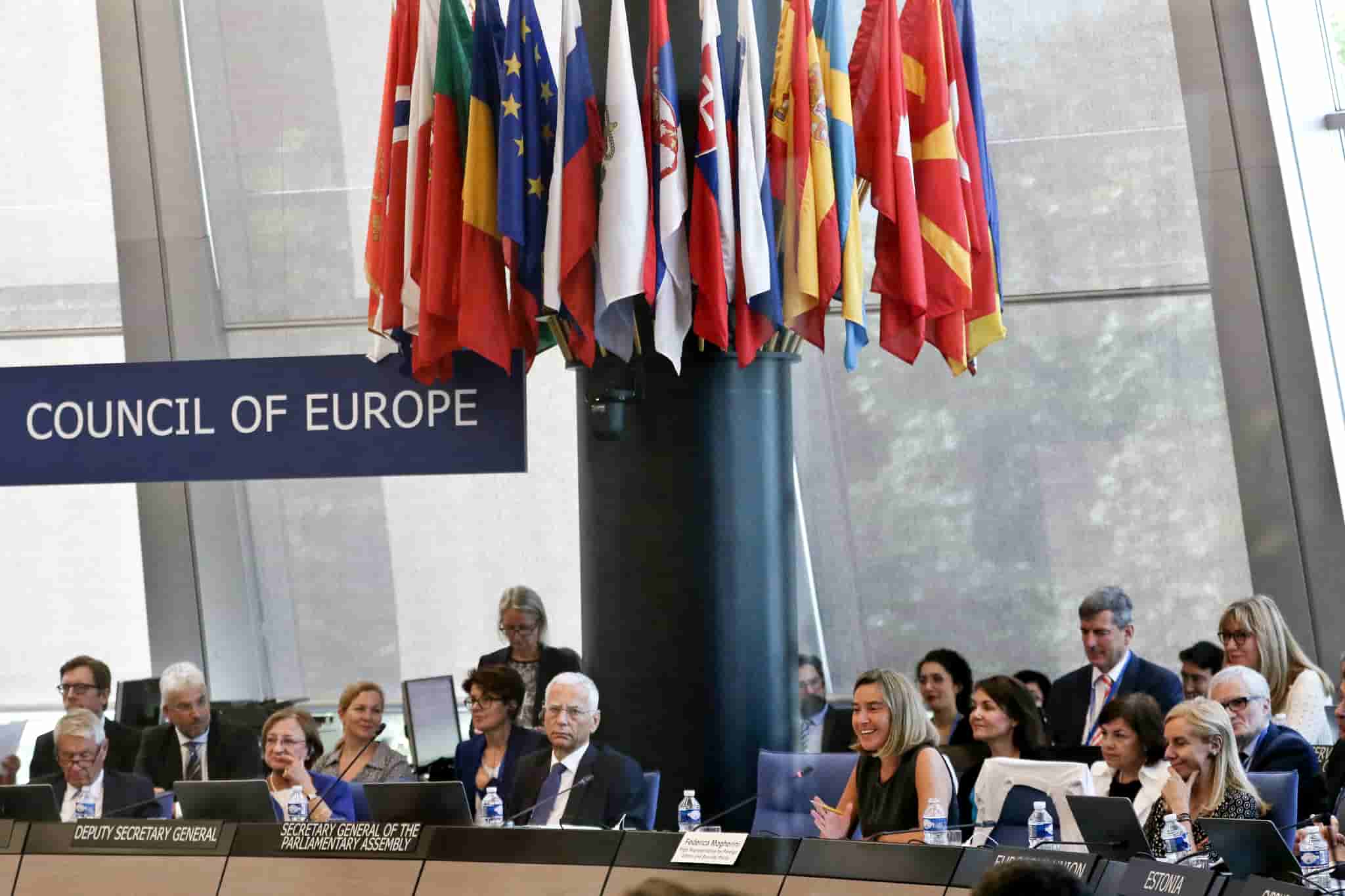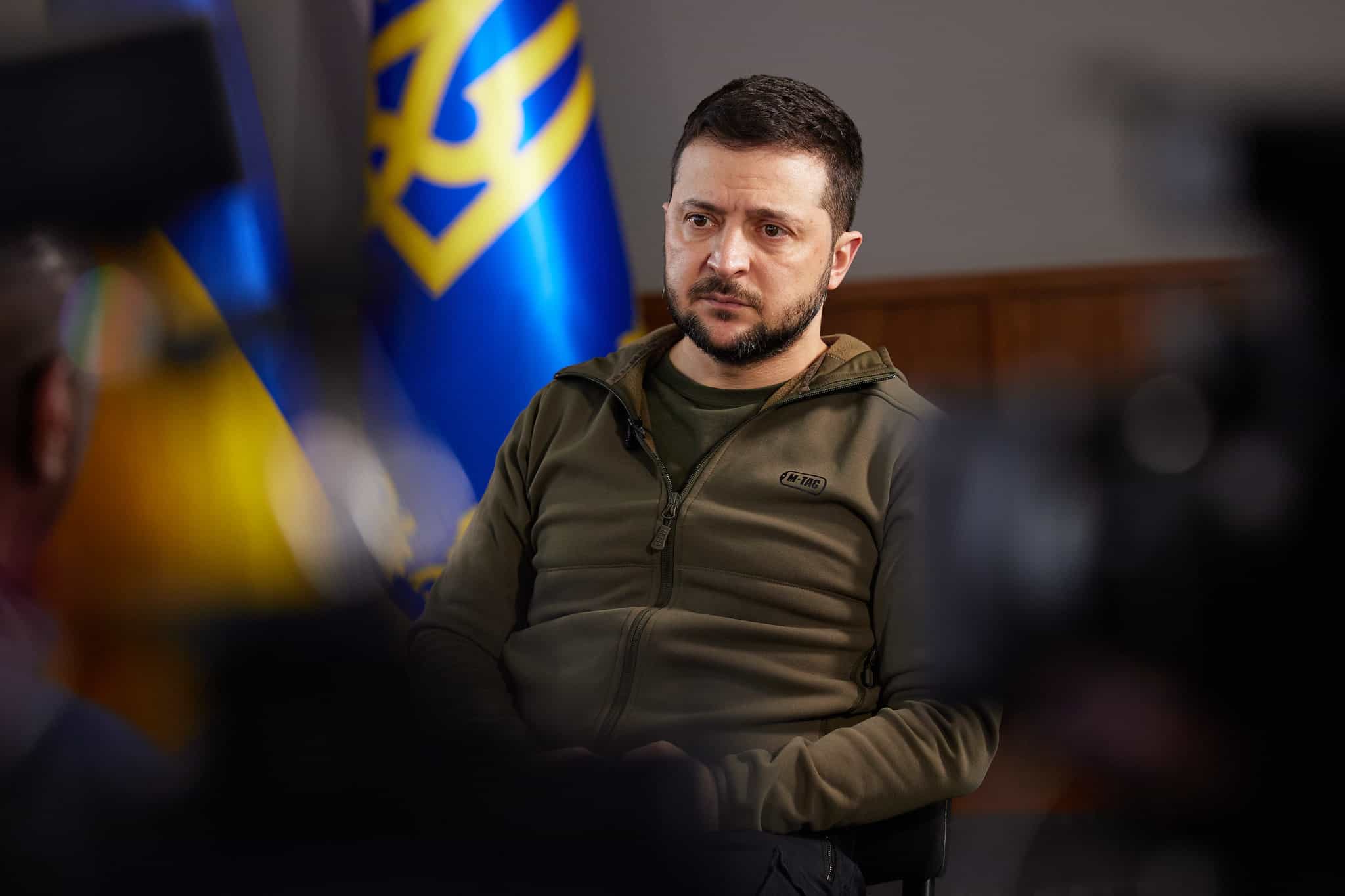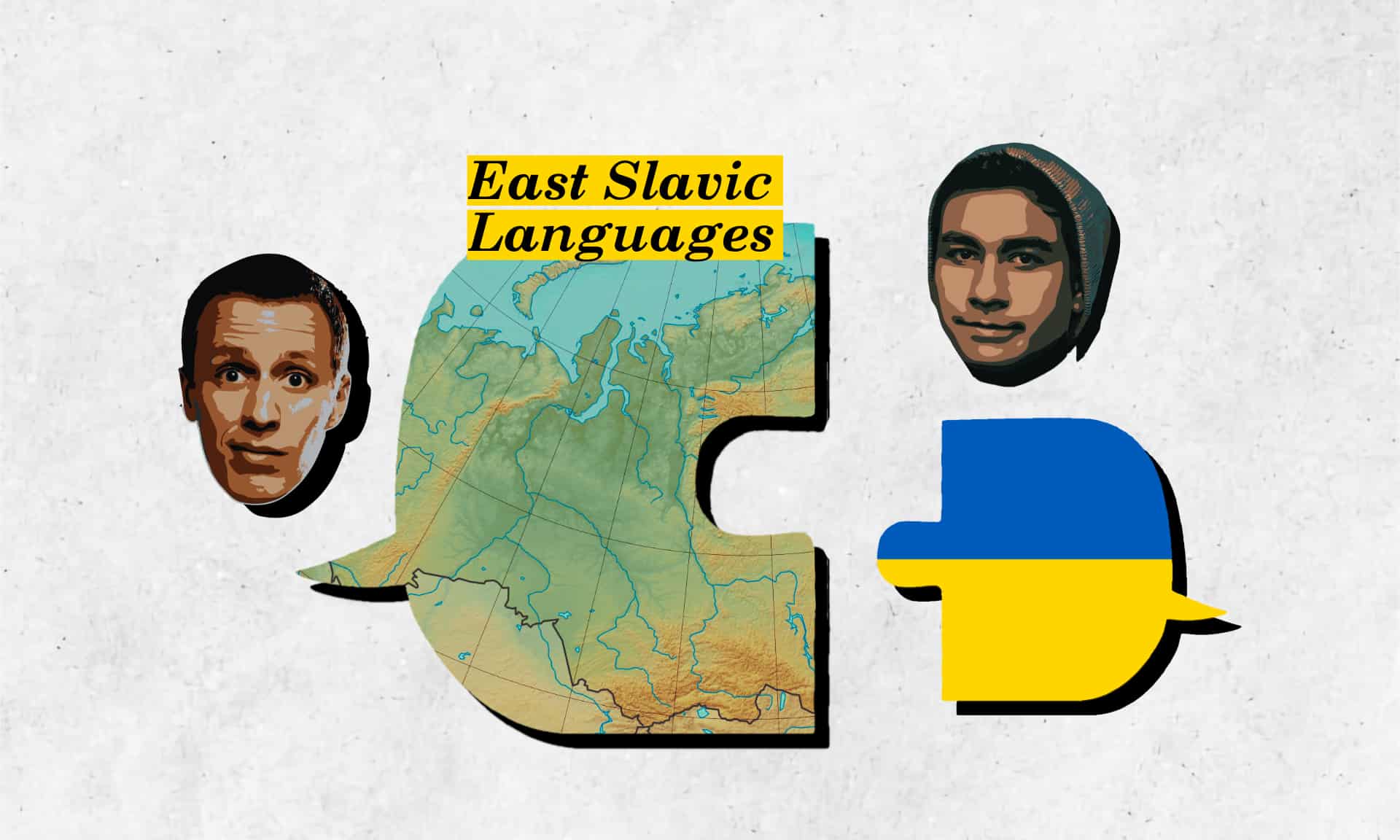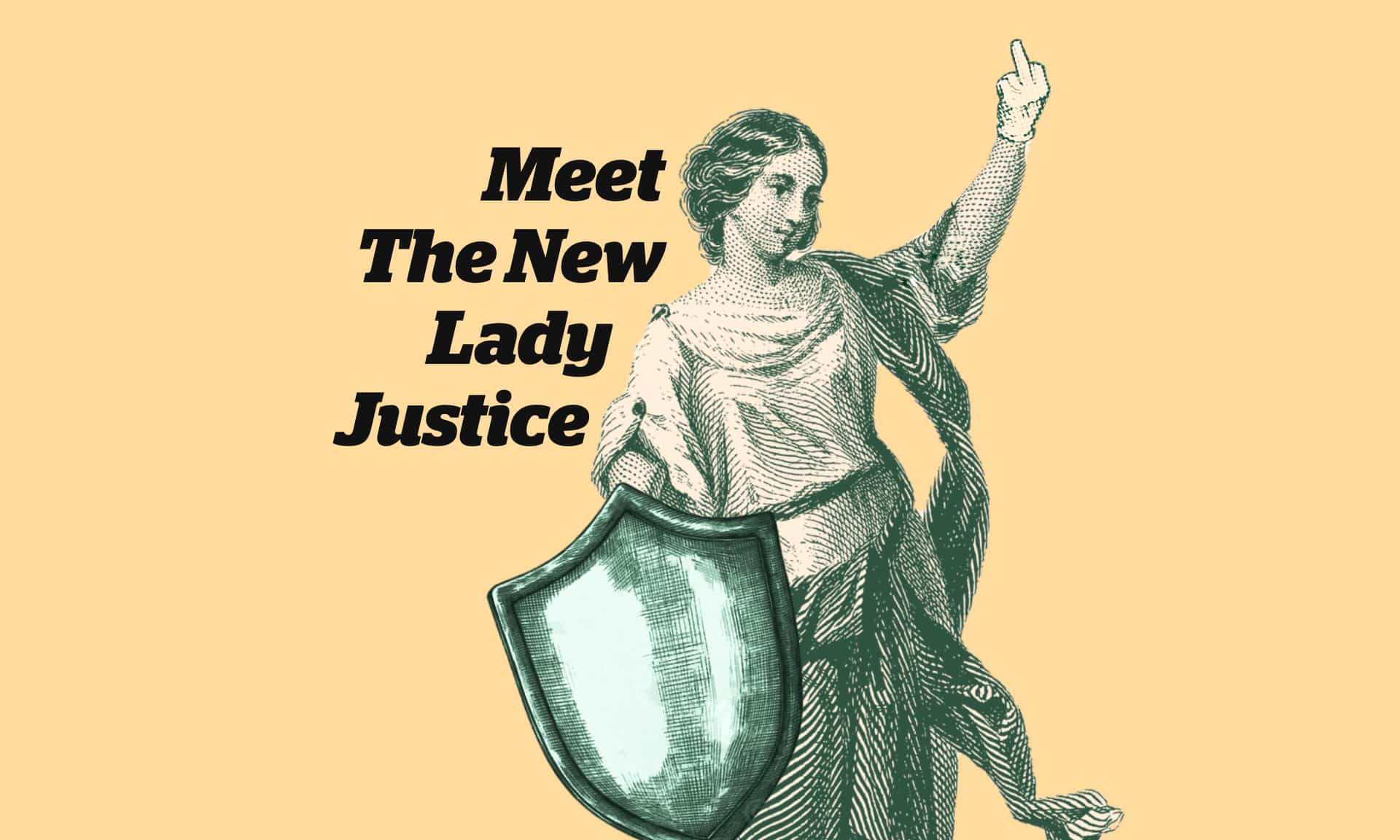Ukraine and Moldova's EU candidacy status… beneficial?
The European Union recently granted applicant status to Ukraine and Moldova. If approved, its many benefits, even rivalling NATO’s, include deterring Russia’s war machine. Here are some key questions surrounding the topic.
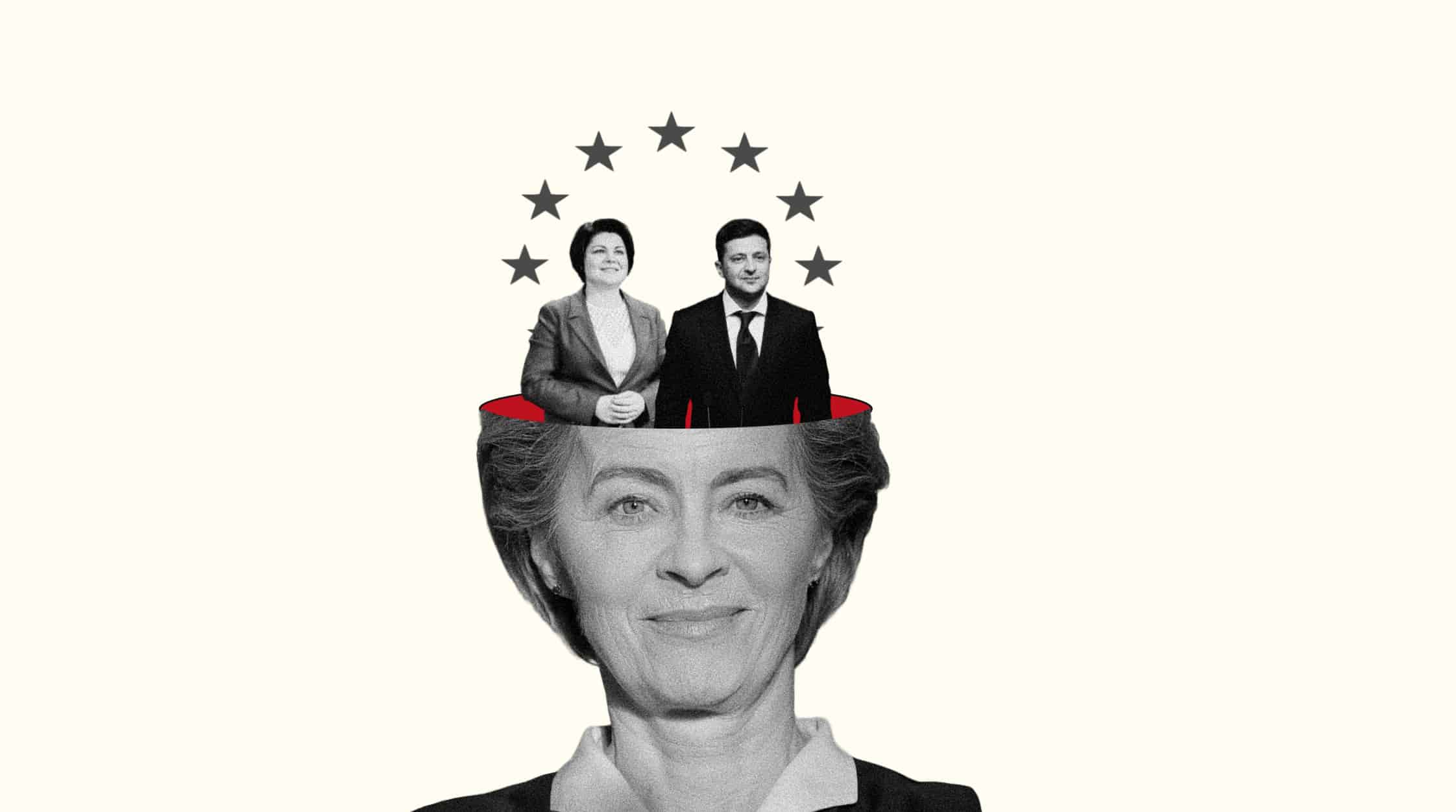
So Ukraine and Moldova are granted candidacy status, does that mean they are members now?
If only it were that easy! Based on a recommendation from the European Commission, the European Council can grant Candidate Status to prospective members of the European Union. The right to join the block, however, is not one that is automatically granted to countries who receive a candidacy status.
While the European Council decides to begin accession negotiations with the candidate country, the Commission evaluates the application in light of the Copenhagen criteria, which we will talk more about below, and formulates an opinion.
Attaining full membership status is a process that is very likely to take years to complete. North Macedonia, for example, was granted EU candidacy in 2005 and is still awaiting the opening of such membership discussions.
So they’re not members? What’s all the fuss about then?
Well, believe it or not, the decision to grant a country an EU candidacy status is a highly remarkable development in the process of becoming an EU member state. There is a lot of politics involved to receive this first seal of approval. Take Albania as an example, it took more than five years for the country to receive its candidacy status.
The significance of Ukraine’s membership in the bloc is also increased given its ongoing conflict with Russia. Since its establishment with the Maastricht Treaty in 1993, this is the first time the EU is granting candidate status to a country during a full-scale war.
It takes years? Why is the EU so slow in processing applications?
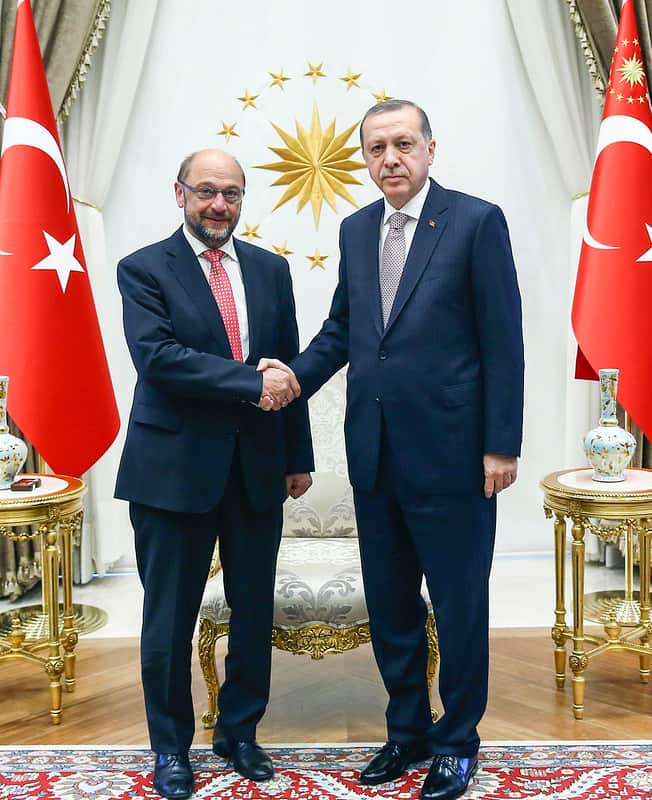
Photo: Martin Schulz/Flickr
Well, the answer is simple: to assess a country’s long-term commitment. Once a country is in the European Union, the Single Market and other EU treaties, it will be able to have an immense impact on the future of the union. So understandably, letting in bad apples is not a risk EU members are willing to take. Can you imagine if Sultan Erdogan of Turkey became an EU member after receiving its candidacy status in 1999?
The EU wants aspiring members to have stable institutions guaranteeing democracy, the rule of law, human rights and respect for and protection of minority communities. Additionally, new members are expected to have functioning market economies and the capacity to cope with competition and market forces within the Single Market. These and many more conditions are underlined in what are known as the Copenhagen criteria.
Meeting all such conditions is likely to take years. Croatia, for example, who was the last member to join the bloc, took ten years to be officially accepted in 2013.
Having said that, it must be noted that since adopting a Deep and Comprehensive Free Trade Agreement and a Political Association Agreement with Brussels eight years ago, Ukraine has been continually working to recognise EU laws and standards. Since June 2014, the Republic of Moldova has also been hard at work after signing an Association Agreement with the EU, which went into full effect in July 2016.
How do Ukraine and Moldova benefit from EU membership?
According to Kyiv’s ambassador to Brussels, granting Ukraine candidate status for membership in the EU would be a historic move that would show Russia that it can no longer assert a sphere of influence over its eastern neighbour.
Moreover, EU membership will also have some defence perks as EU member states are required by a mutual defence clause to aid a member if it is the target of military aggression. Joining the EU would come with a plethora of other rights including economic advantages and full access to the EU’s Single Market, which safeguards the unlimited and free flow of people and goods within the continent.
What about the EU, what’s in it for them?
In June 2022, the European Parliament adopted a resolution calling on EU governments to grant EU candidate status to Ukraine and the Republic of Moldova “without delay”, highlighting that there is no alternative to the enlargement of the EU, which is “more than ever a geostrategic investment” in a stable, strong and united EU.
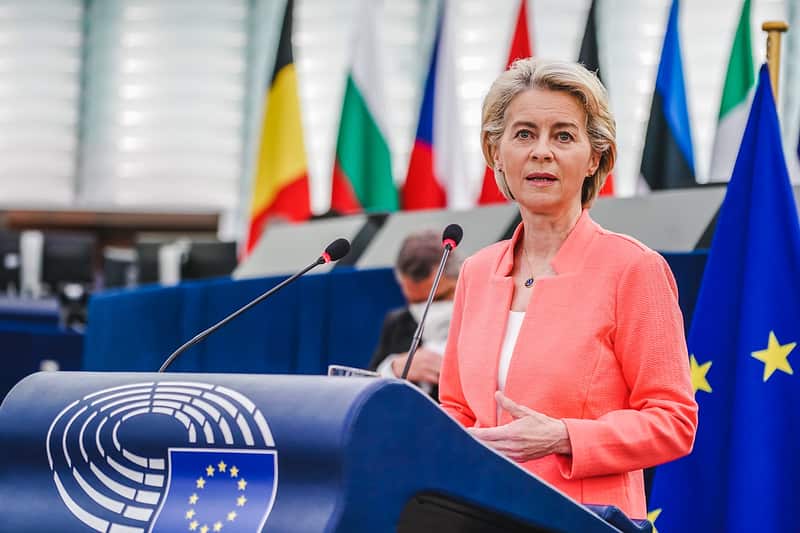
President of the European Commission, Ursula Von Der Leyen speaking to the EU Parliament. Photo: European Parliament/Flickr
Members of the European Parliament outlined that: “the prospect of full EU membership for the countries striving to become member states is in the European Union’s own political, economic and security interests.”
In addition, MEPs noted that governments should grant candidacy status to Georgia as well, but only “once its government has delivered” on the priorities which were indicated by the European Commission.
So does that mean Georgia will also join the club soon?
Despite the difficulties of the Covid pandemic, Georgia is steadfast in its commitment to implementing the EU-Georgia Association Agreement. However, there is so much work that still needs to be done, particularly in the areas of judicial reform and corruption. Sadly, Georgia’s reform requirements don’t end here.
The country fosters an incredibly hostile environment for the LGBTQ+ community. In 2021 the Tbilisi Pride had to be called off as 20 journalists were injured in the violence while LGBT flags were burned on the streets of Tbilisi. Legally, Georgia does prohibit discrimination based on sexual orientation, however, the society emboldened by its Orthodox church, remains extremely selective towards human rights.
https://www.youtube.com/watch?v=MN47M7wcb3c
Other affairs that are likely to make Georgia’s negotiations even more complicated are the two regions of Abkhazia and South Ossetia, which are de facto independent regions under the protection of Russia. It is unknown if the EU would want to extend membership to these regions, as the block did with Cyprus.
What is certain is that Georgia has a very long way to go before being able to meet the EU’s high standards on human rights, democracy and economy.


